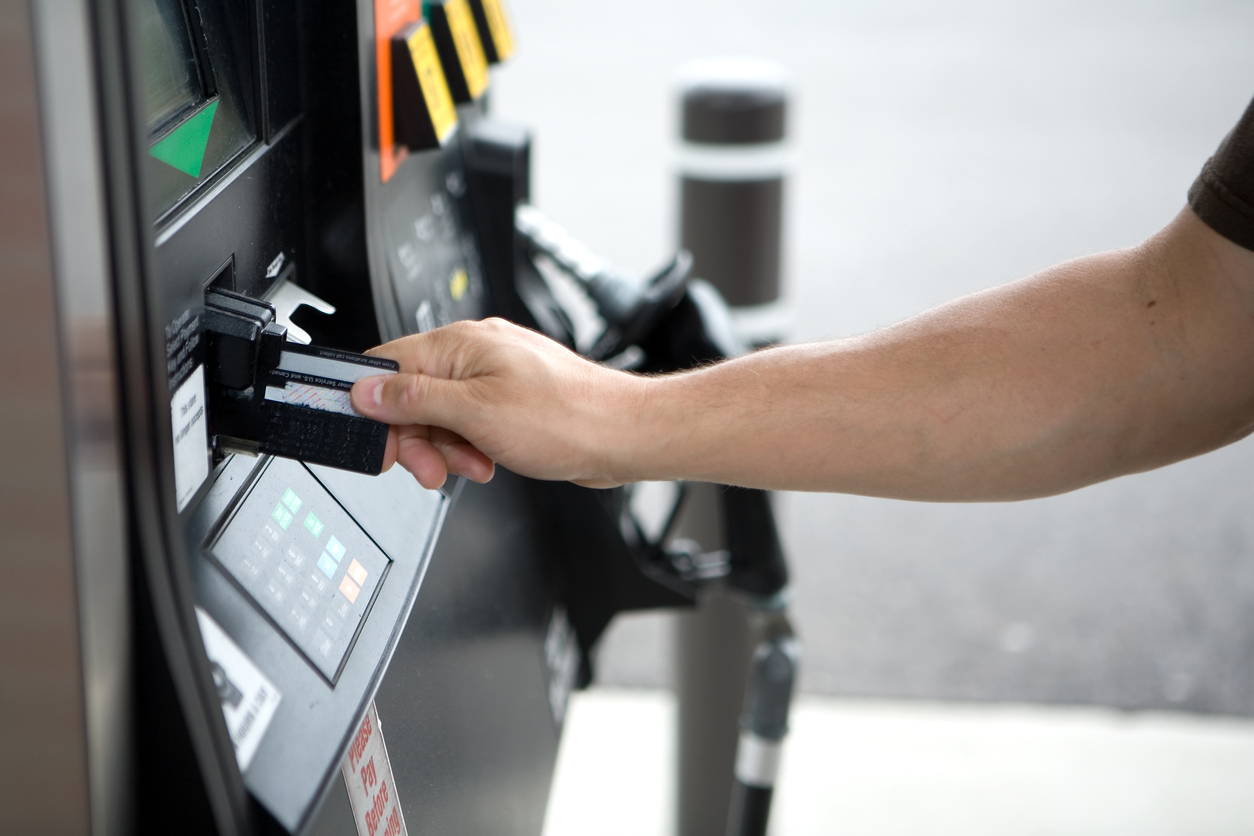Biden admin considered sending out pre-paid gas cards to ease pain at the pump


A free daily email with the biggest news stories of the day – and the best features from TheWeek.com
You are now subscribed
Your newsletter sign-up was successful
Last week, the Biden administration considered sending pre-paid gas cards to Americans to help ease pain at the pump, Axios reported Saturday.
Per Axios, a House Democratic counsel talked the White House out of the idea by arguing that gas cards would be expensive, poorly targeted, ineffective, and difficult for the understaffed IRS to handle during tax season.
White House spokesperson Vedant Patel said Saturday that gas cards are "not an administratively feasible solution" and are "not seriously under consideration."
The Week
Escape your echo chamber. Get the facts behind the news, plus analysis from multiple perspectives.

Sign up for The Week's Free Newsletters
From our morning news briefing to a weekly Good News Newsletter, get the best of The Week delivered directly to your inbox.
From our morning news briefing to a weekly Good News Newsletter, get the best of The Week delivered directly to your inbox.
According to the American Automobile Association, the average price of a gallon of gas in the United States stood at more than $4.25 a gallon on Sunday.
The White House has considered stimulus checks, federal rebates, increased ethanol usage, suspension of the federal gas tax, and measures that would put pressure on oil companies as other potential means of helping Americans cope with high gas prices, according to Axios.
The Biden administration has also approached other oil-producing countries, including Saudi Arabia and Venezuela, to help make up the shortfall stemming from a ban on importing Russian oil. Republicans have called for increased domestic oil production, while Bloomberg suggested taking the bus.
Earlier this month, Joel Mathis wrote at The Week that an effective (albeit unpopular) way of reducing how much Americans spend on gas would be to "bring back the 55-mph speed limit." The last national speed limit law, which lasted from 1974 until 1995, saved an estimated 167,000 barrels of oil per day, Mathis notes.
A free daily email with the biggest news stories of the day – and the best features from TheWeek.com
Grayson Quay was the weekend editor at TheWeek.com. His writing has also been published in National Review, the Pittsburgh Post-Gazette, Modern Age, The American Conservative, The Spectator World, and other outlets. Grayson earned his M.A. from Georgetown University in 2019.
